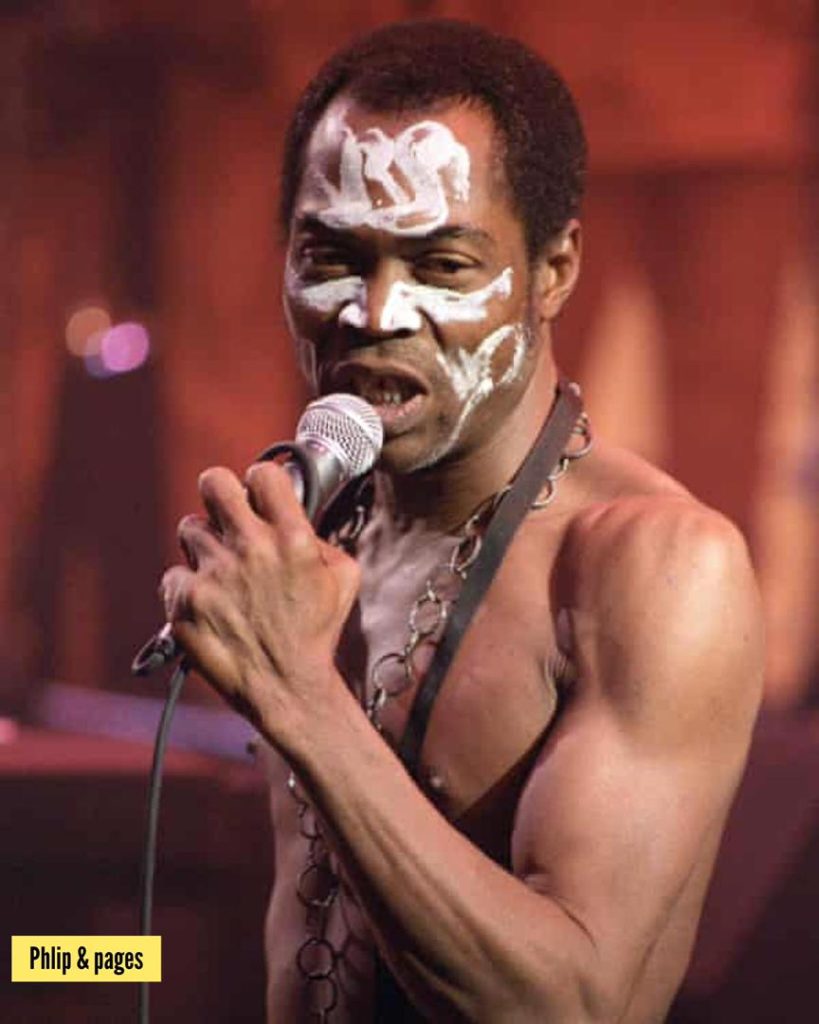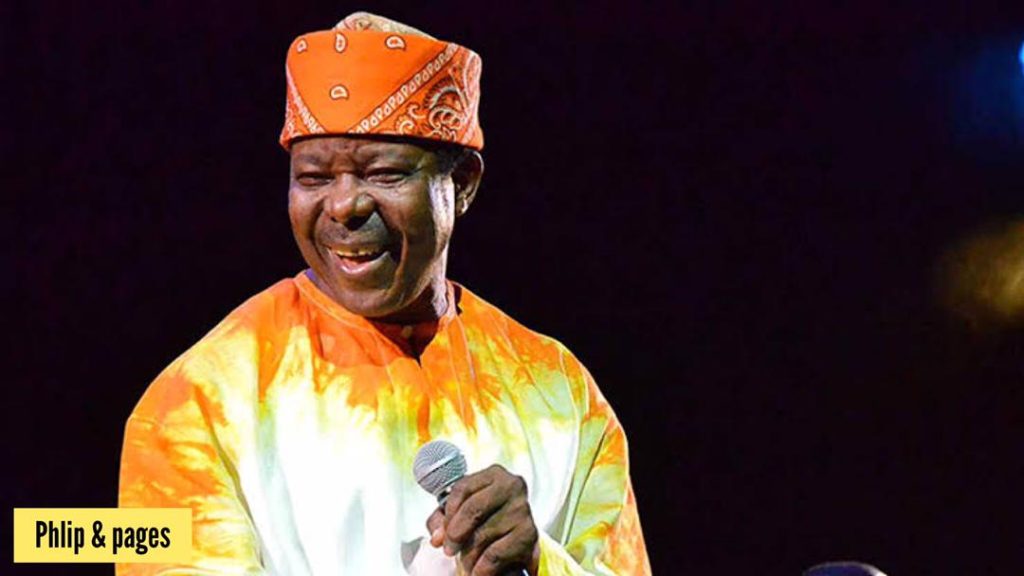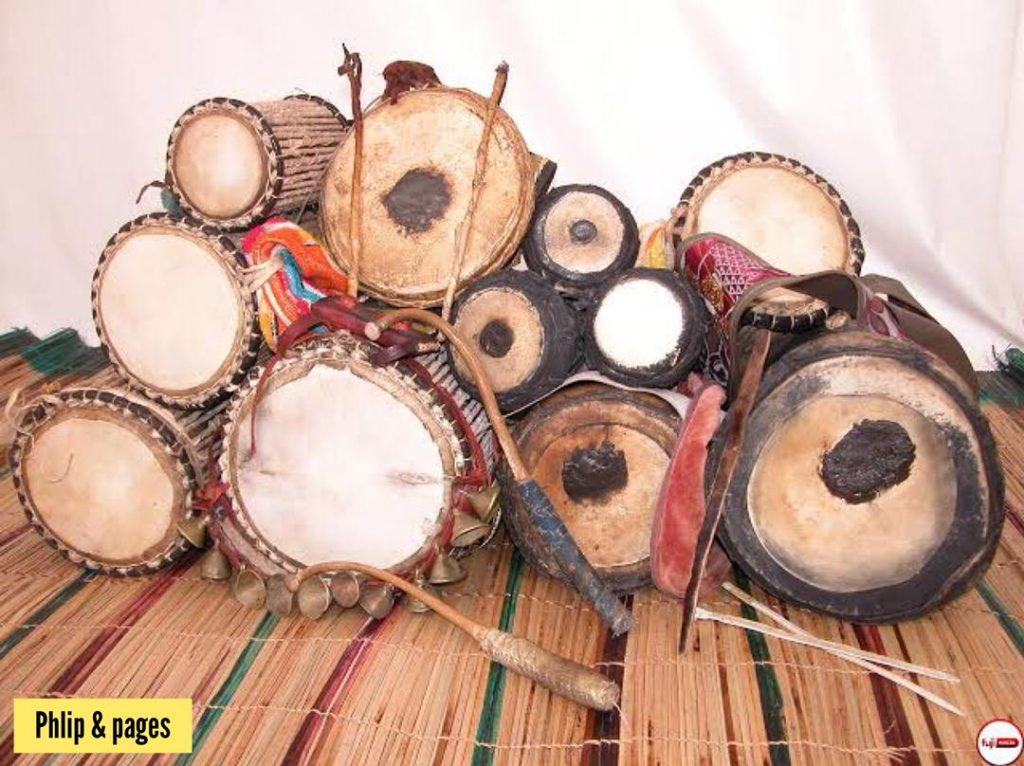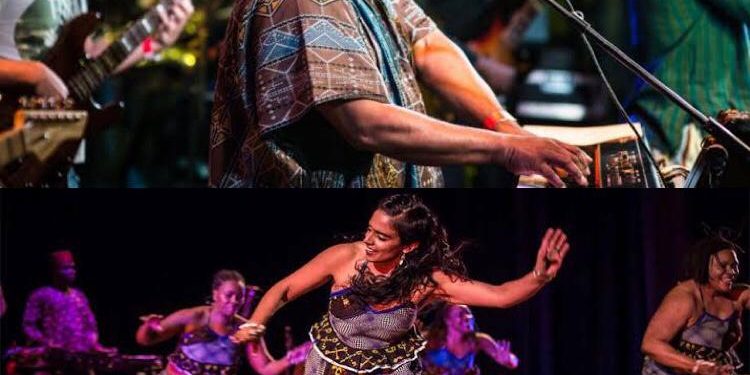Nigeria is a country with a rich musical heritage, encompassing different genres ranging from Afrobeat, Juju music to Highlife, Fuji, Apala among others. Nigerian music has been influenced by its diverse cultures and traditions which can be traced back to ancient times.
One of Nigeria’s most famous musicians is Fela Kuti who pioneered the Afrobeat genre in the 1970s. His unique sound blended elements of West African jazz with funk rhythms creating an upbeat sound that people couldn’t help but dance to. The soundscape was further developed by his son Femi Kuti who also made significant contributions to keeping this style alive till today.

Another popular genre in Nigeria is Juju music – created by King Sunny Ade in the late 1960s. It’s characterized by its use of traditional Yoruba instruments such as talking drums & bata drum alongside guitar riffs or horns- bringing together traditional elements along with modern instrumentation.

Highlife music originated from Ghana but became popular across West Africa including Nigeria during colonial rule; it was heavily influenced by western-style brass bands while still retaining its African identity through language & rhythm patterns.
Apala music originates from Yoruba land – known for using percussion instruments like agogo bells or sekere shakers alongside vocals usually done in call-and-response format between lead singer (Alaga) and backing singers (“Ere”) often accompanied by dancers performing synchronized steps on stage

In addition to these various musical styles are vibrant dance forms that accompany them highlighting cultural values of Nigerians too. Popular dances include ‘Shoki’- a street dance which gained popularity through social media channels showcasing youth culture; ‘Zanku’ – another street dance involving legwork moves set typically against fast-paced beats; ‘Bata’– a ceremonial dance performed at important events like weddings or naming ceremonies.
In conclusion: Nigerian music and dance have played an integral role in shaping the country’s cultural identity. From traditional rhythms to modern-day genres, Nigeria has a rich musical heritage that continues to influence contemporary artists across Africa and beyond. Dancing is also deeply rooted in Nigerian culture as a way of celebrating joyous events such as weddings & festivals while showcasing our diverse traditions through movement.
















